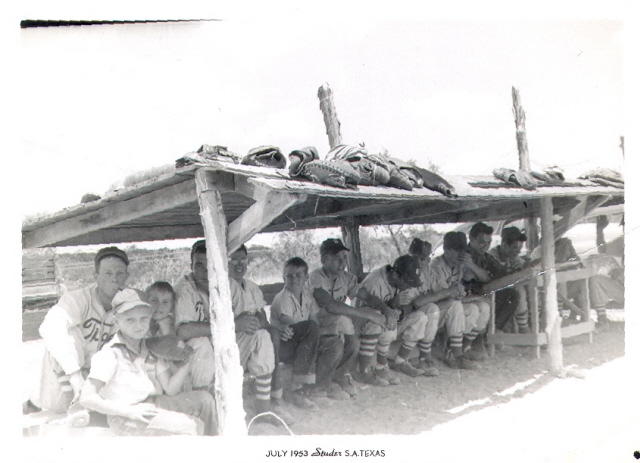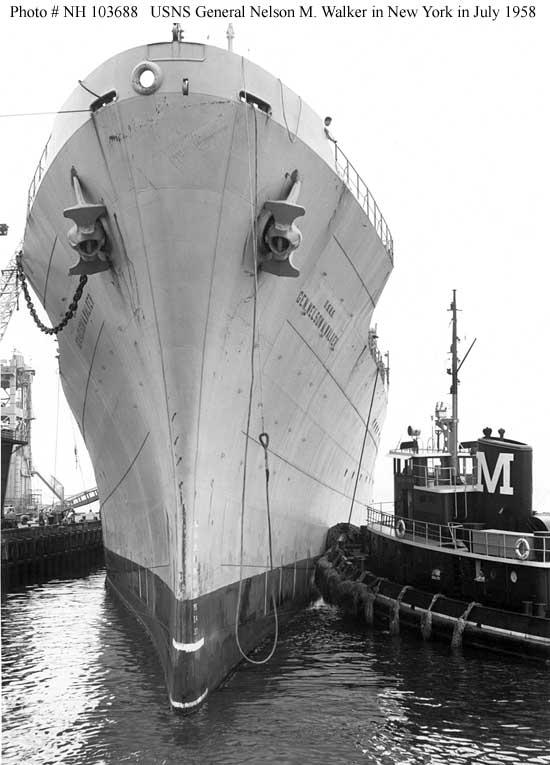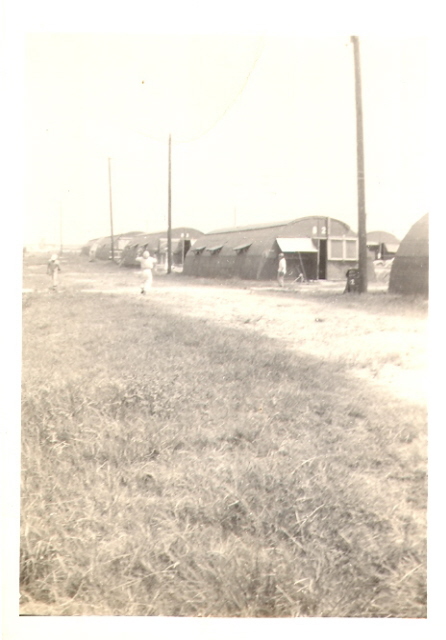TRANSCRIPTION
Before the war (Korean war) what were you doing?
Going to school like you. Graduated in 48
They drafted you right?
No I signed up…. They drafted me in other words whatever, they were gonna draft me and I signed up for the Air Force instead of going in the Army. A guy we knew took the test for the Navy but he flunked it. So we all just said let's just join the Air Force.
Was everyone patriotic and wanting to join?
Yea, yea more so than today.
And you were 18 when you joined?
I was 17 at the time but I was 18 in September
Did you have to go somewhere when you shipped off?
We went to Lackland (AFB). Went downtown (SA) then went straight to Lackland to basic. 13 weeks of basic.
What was basic like?
It wasn't all that bad. A lot of running, exercise, shooting. I was a marksman on the M1 grand. It was 13 weeks.
And during the war what did you do?
I was in Lackland and then I went to a year of Guam and then ah year of Okinawa.
.
And what did you do there?
I was a information specialist for officers records. Played ball. (Laughs) Mostly played ball.

Did you have a lot contact with people when you went overseas? The local people?
No not really. They more or less wanted us to stay on the base. About the only ones you see were the ones that worked in the mess hall and stuff like that.
I guess you took a ship over there (Guam)?
Yea went over on the General Walker. If that matters.

How was the ride on the ship?
Four days and four nights I was sick, sick as a dog throwing up. We went under the golden gate bridge and they fed us beans and pork chops I was sick from then on. I usually didn't get sea sick but I did on that one. Yea I was sick until I got to Guam. I'm not sure but I know we went the international zone where they change the date, I forget what they call it. I was on latrine duty and that's the worst place to be back there in the back by that fan tail that's what makes you sick. Guys were sick all around.
Did it change your life a lot going overseas?
I guess so. It's bound to change your life I came from a little town, then went and saw the world.
How many years were you in the service?
I was in the service for 4 years. It was supposed only be three but then the Truman Extension added a year.
What was the weather like?
The weather was like the coast it's on a island its rainin' about half the time and sunshine half the time. We had outdoor showers.
Did you know grandma before that?
No, afterwards.
Tell me about you baseball.
I played softball overseas on …in Guam. Then I played uh baseball when I was here on Lackland. And then I was gonna go play baseball at Oklahoma (minor leagues). Then I got drafted. They said do you wanna go to Europe or Germany so I volunteered for, for Germany and then I ended up in Guam.
Did a lot of guys from you hometown go with you?
No there was really wasn't anyone close from my town with me.
Did you know a whole lot about the war before you got drafted?
I just got out of High School. I was just a kid growin' up. Tryin' to decide what I'm gonna do.
Was there a day you found out the war had started?
Mostly radio…We didn't get the newspaper besides the weekly, the Hondo Harold. Radio that was the way and word by mouth.
What did you do after the war?
I worked
Is there anything you would like to add?
"You saw a typhoon."(Grandma). Yea that uh. I saw them little palm trees leaning like this instead a like this. It torn down a storage area with air planes and 2 by 4's in it. And it had tin. You look out the back to and see 2 by 4's flyin' around….tin was sailin' on by. We were in a shelter. it was made outta brick. Winds up to a 110 miles per hour, it was more than what I had seen.


ANALYSIS
In doing this interview I found out about a part of my grandfather's life that I had never know about. I had only heard that he had played baseball I didn't know he was going to play in a minor league baseball club before he got drafted. Well actually he didn't get drafted but he joined before they had the chance. Also I saw how people felt about their country then in comparison to now. People weren't necessarily more patriotic but seemed to have more of a feeling of trust with their government. We didn't really get into the war because he didn't experience the war in terms of fighting. My view of this war didn't really change one way or the other after this interview. My grandfather is a very laid back person probably where I get that personality trait myself but he explained the answers in a concise manner in a straight to the point fashion. I think this way of learning about the war is beneficial to me the student because it gives me a different side of the story that I couldn't get out of a normal textbook with a lot major battles, dates, and events. Overall I think this is a good method of finding out how people lived in the past because unless you ask most people won't tell about their experiences.
ANNOTATED BIBLIOGRAPHY
D'HanisThis Site is one made by the people of D'Hanis it is a great resource for information about this little town off HWY 90© 2006 Government of Guam.
LacklandThis is the official site for Lackland AFB in San Antonio Texas.© 2006 Government of Guam.
GuamThis is Guam's official site it has lots of links from history information to travel information.© 2006 Government of Guam.
OkinawaThis is the site for Kadena AFB a Base on Korea.© 2006 U.S. Navy.
General walkerThis site has lots of great pictures of the USNF General Walker.Naval Historical Center
805 Kidder Breese Street SE Washington Navy Yard, DC 20374-5060.
United States Air ForceThis is the USAF's official site.© 2007 U.S. Air Force.
Return to Oral History Projects

